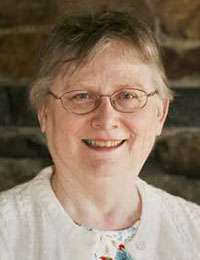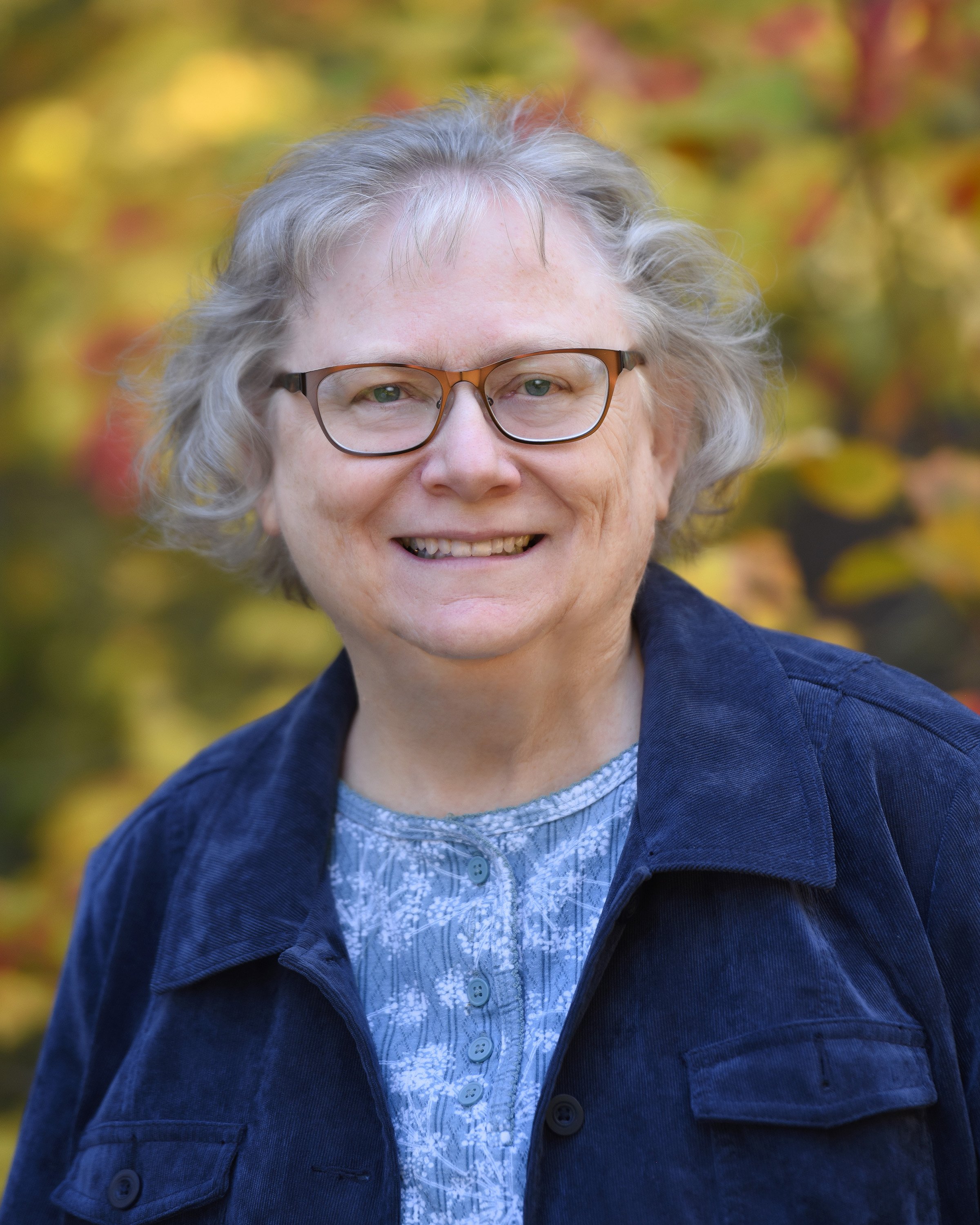Final assessment
 As I tie up loose ends on the Early New England Families Study Project sketch for Richard Newton, it is time to assess the work.
As I tie up loose ends on the Early New England Families Study Project sketch for Richard Newton, it is time to assess the work.
Newton’s sketch is fairly short, four pages at the moment: his birth and ancestry are unknown, he did not participate in town or colony governments, was not in trouble with the courts, and left no interesting biographical highlights. A lot of information was already in print about the Newton family, including a full transcription of Richard’s will in the Newton Genealogy. Comparison of this to the microfilm copy of the original in the probate records of Middlesex County shows that, aside from modernization of spelling, etc., the transcription is pretty accurate, with two errors of fact: “Marlburrough” is at one point transcribed as “Westborough,” and in the description of some land “Westward” was transcribed as “Northward,” so that the property had two north boundaries and no west! An abstract of the will published in Stevens-Miller attempts to stay closer to the original spelling and avoids the two errors above by simply omitting detailed descriptions of property.
The Newton Genealogy also includes short abstracts of six grantor deeds by Richard. I ran into a little problem checking these against the microfilm because the original record books suffer from a lot of wear, especially on page corners where the page numbers are nearly all obliterated. I had to do a lot of “by guess and by golly” and finally resorted to using the dates of recording given in the index to locate what I needed. The abstracts appear to be accurate so far, though minimal, so I will include more details, particularly for the deeds from Richard to his sons.
I ran into an anomaly in the birth of Richard’s son Moses that will probably have to remain unresolved. In the Sudbury vital records, there are two records: “Moses Newton, s. Richard and Anne, b. 26 March 1646” (taken from Middlesex Court records), and “Moses Nuton, s. Richard and Amie [sic], b. 20 Oct. 1645.” Obviously, in the five months between October 1645 and March 1646 using the new calendar, there is inadequate gestation time for two children, even if the first had died immediately. So, should the second date be 26 March 1646/7 [sic], and there were two children named Moses? Or is there some error in one or both of the birth dates and there was only one Moses?
All in all, this has been a fairly routine sketch that will easily total 25 hours of time before it is finalized, indexed, and published. As I said when I started this series, about as exciting as watching paint dry, but I hope it gives you an idea of the process.
Share this:

About Alicia Crane Williams
Alicia Crane Williams, FASG, Lead Genealogist of Early Families of New England Study Project, has compiled and edited numerous important genealogical publications including The Mayflower Descendant and the Alden Family “Silver Book” Five Generations project of the Mayflower Society. Most recently, she is the author of the 2017 edition of The Babson Genealogy, 1606-2017, Descendants of Thomas and Isabel Babson who first arrived in Salem, Massachusetts, in 1637. Alicia has served as Historian of the Massachusetts Society of Mayflower Descendants, Assistant Historian General at the General Society of Mayflower Descendants, and as Genealogist of the Alden Kindred of America. She earned a bachelor’s degree from the University of Connecticut and a master’s degree in History from Northeastern University.View all posts by Alicia Crane Williams →